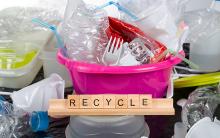Creating more responsive, intuitive prosthetics

Using advances in electronics and software, a team of EU-funded researchers is developing new ways to control upper limb prosthetics. Their goal is to improve and facilitate the everyday lives of amputees.









